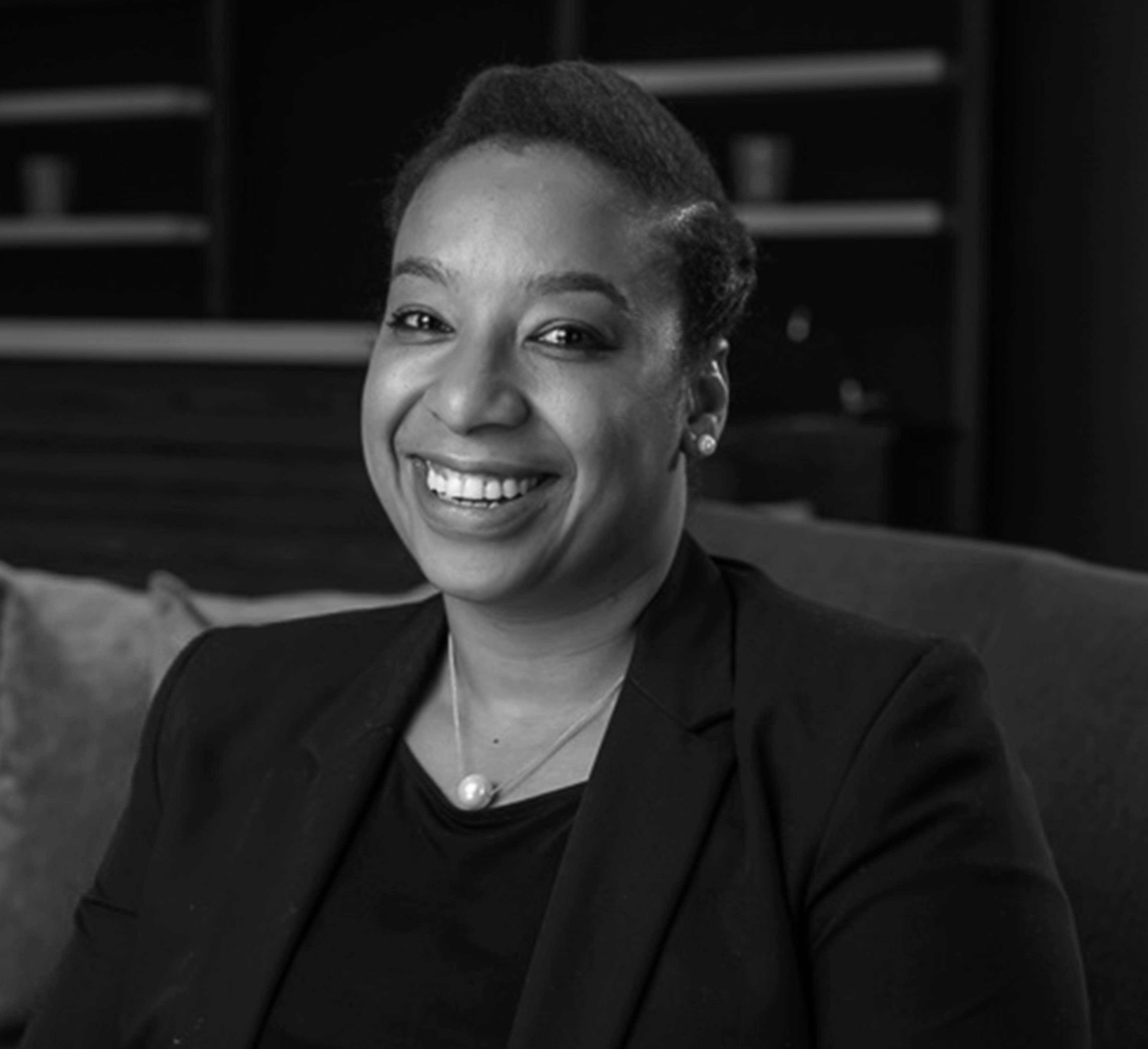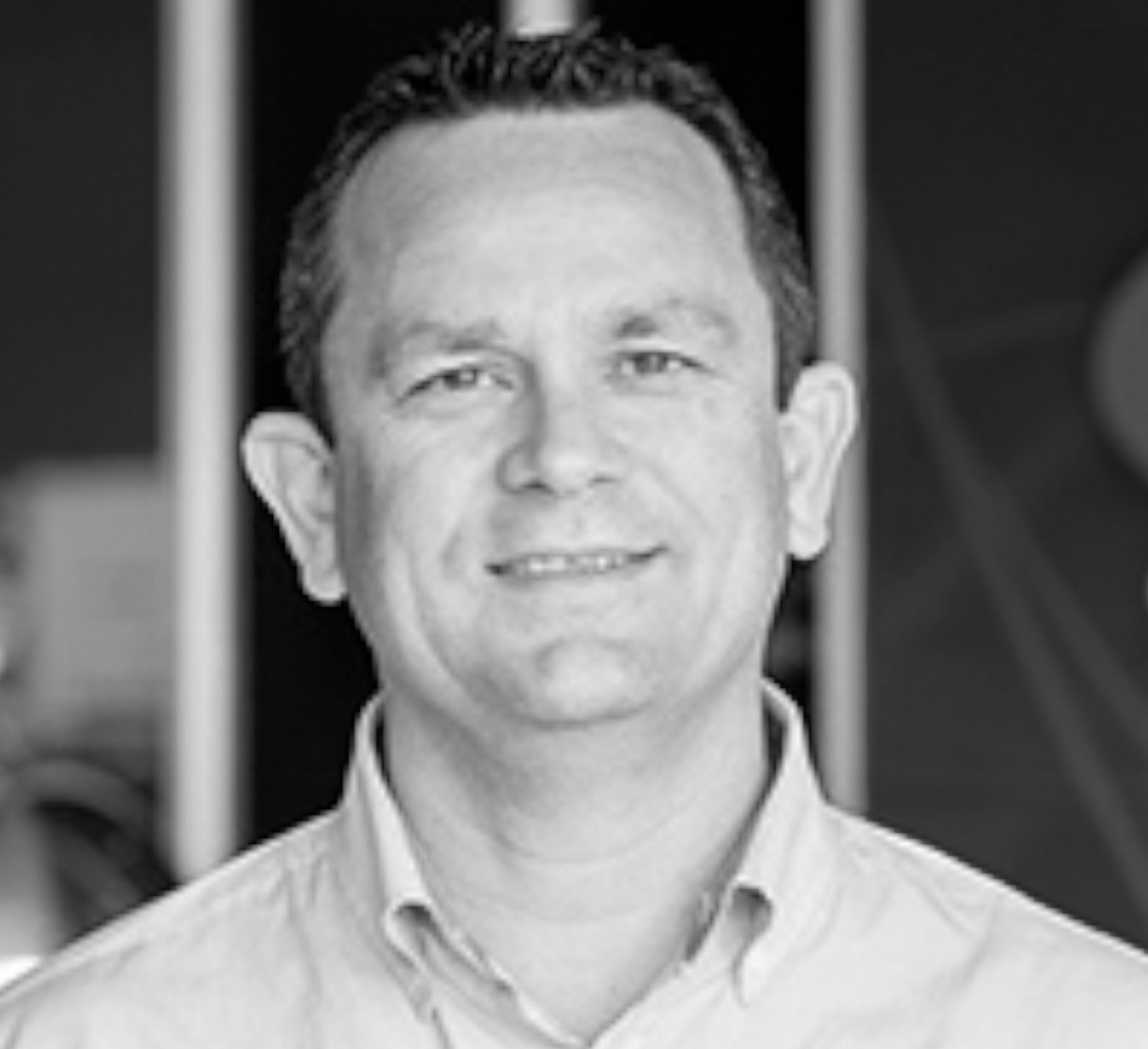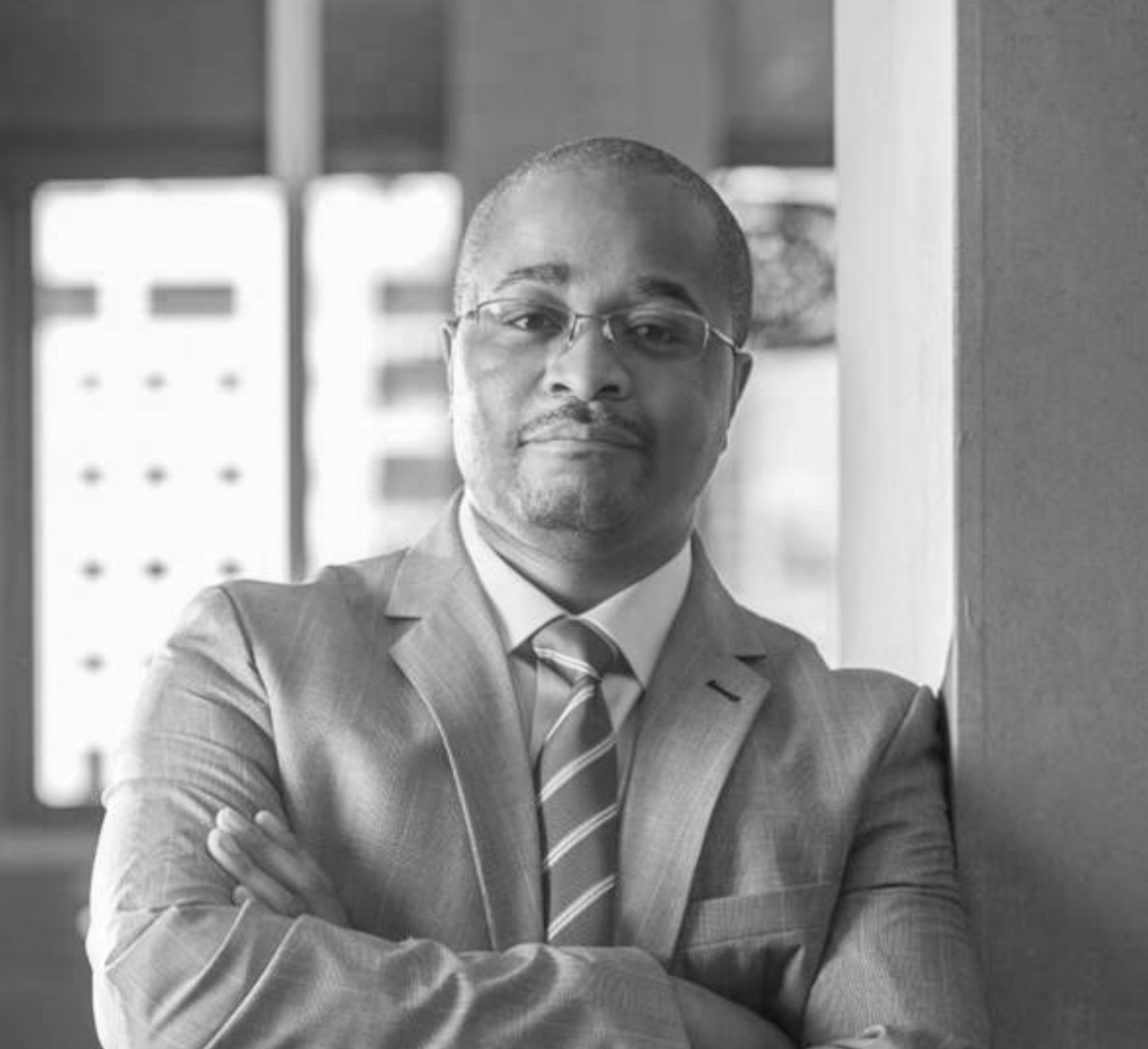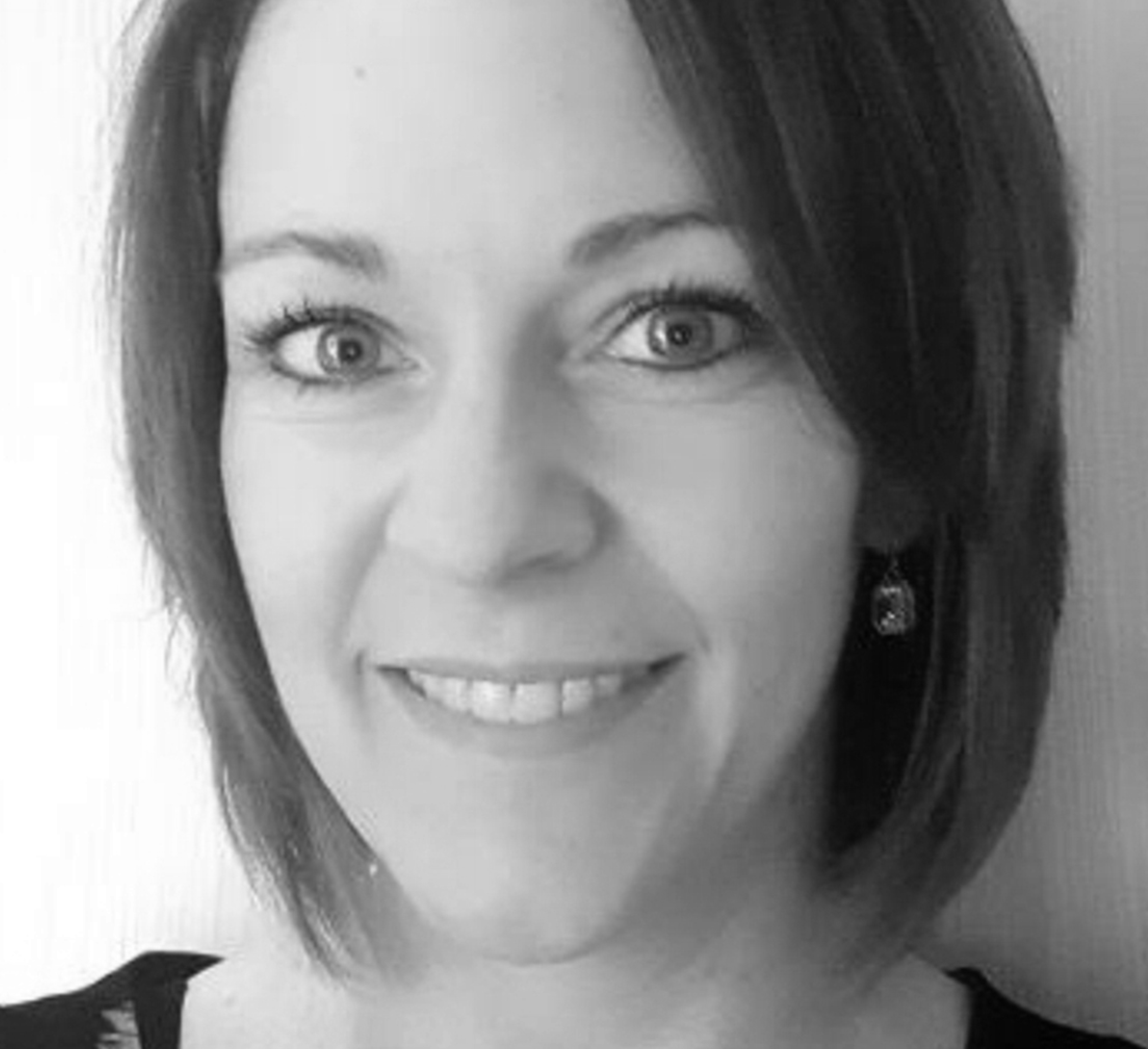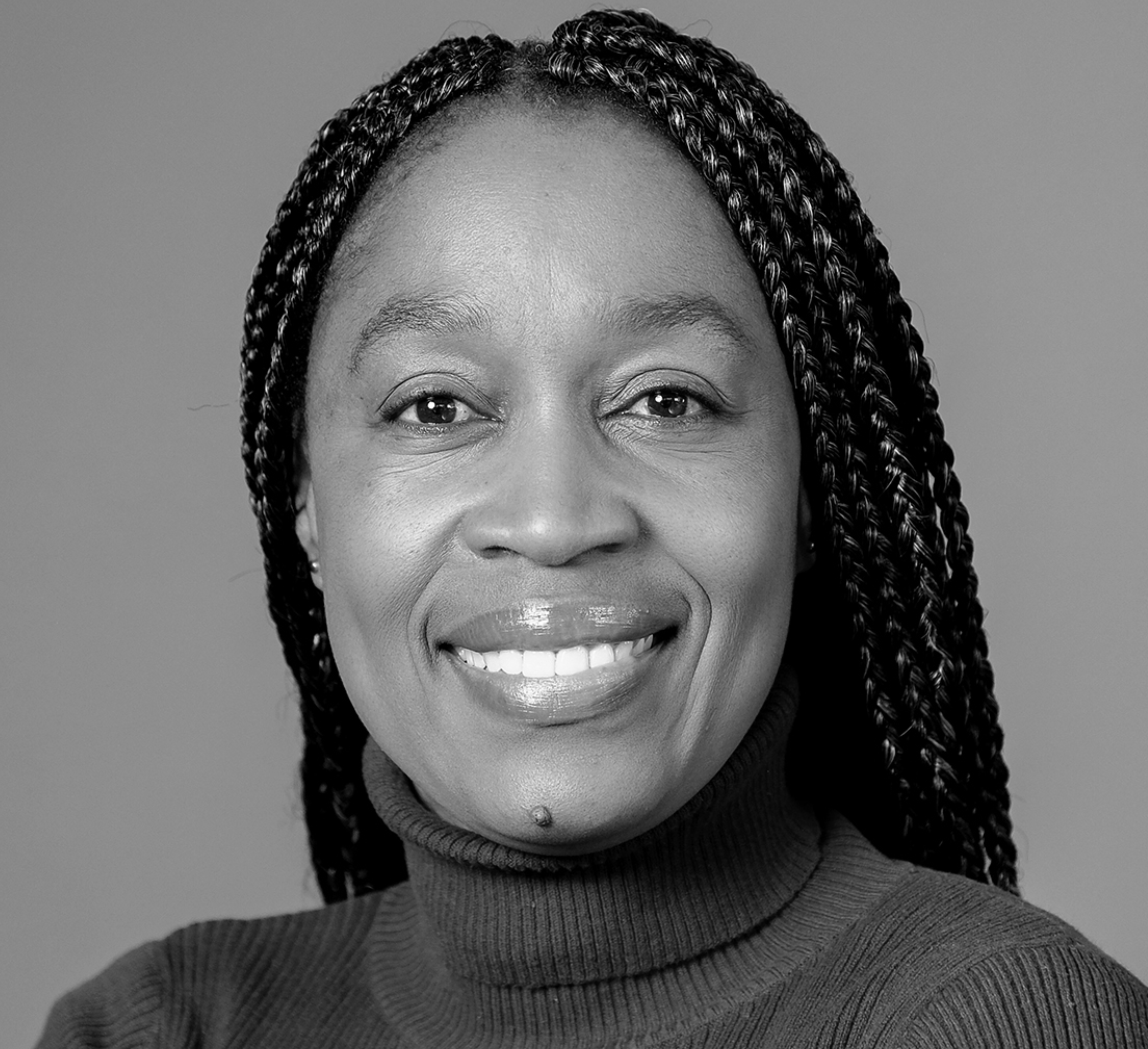78: Rayna Dolphin
CFO – Business Partners
At a time when our country has never needed entrepreneurs and job creation more than right now, Business Partners provides SMMEs with everything to grow their business to its fullest potential.

CIARAN RYAN: This is CFO Talks and what a pleasure it is to welcome Rayna Dolphin, who is the CFO at Business Partners. Business Partners is an interesting group, which has been assisting entrepreneurs with finance, mentorship, sector knowledge in South Africa and elsewhere on the African continent. It’s actually got a long and interesting history in South Africa’s transformation, having started out as the Small Business Development Corporation, owned 50/50 by the public and private sectors. It worked valiantly to alleviate the economic sufferings of apartheid, and its role today, while much expanded, is very much true to its original charter. First of all, Rayna, welcome, how are you this morning?
RAYNA DOLPHIN: Good morning, I am good this morning. I am energised and excited and looking forward to our conversation.
CIARAN RYAN: You are a CA and you have an MBA from IE Business School in Madrid. You’ve got quite an impressive CV, working in several countries in the pharmaceutical sector, you worked with Liberty Group and TNT Express. So what led you to Business Partners?
RAYNA DOLPHIN: Personally, I just have been on my own journey in my career, I’d worked with large multinationals and financial services institutions, and I was just at a point where personally, I wanted to work in an environment where it was for profit as well as for impact. So it was about my personal purpose and finding that purpose and going to evaluate it and see how I could use my skills to also contribute to our economy, our country, and do good as well as doing well. Business Partners really resonated with me in terms of their purpose and their vision, and their mission in South Africa and the rest of the continent.
CIARAN RYAN: So for people who don’t know, explain a little bit about Business Partners and what it does. The one thing we do know is it was appointed as administrator of the Sukuma Fund, which was formed with R1 billion or a bit more than R1 billion in donations from the Rupert family, from Remgro and others, so maybe start with that.
RAYNA DOLPHIN: Business Partners is a 39-year-old organisation that has largely focused on providing finance in terms of term finance, property finance to small businesses, small to medium enterprises in South Africa, and then later on extended to the rest of the African continent. So they have a very niche and focused strategy around specifically looking at financing a gap in the market, where larger financing institutions might not particularly serve. Business Partners has a distribution across the country. So it’s about reaching and touching entrepreneurs in different sectors, across different industries, even in some of our smallest towns in South Africa. They’ve been doing this for a long time and they’re a fantastic team who have dedicated their careers really to the SMME market in South Africa. So you are correct, the business started out as a joint venture between government and private sector. Later on, post-1994, also transformed to getting more business support as well. So a combination of large corporates in South Africa, as well as some government support, and that’s how Business Partners has continued to sustain this business and continued successfully to finance SMMEs for all these years.
Financing established entrepreneurs
CIARAN RYAN: I guess that there’s a huge demand for capital for start-up businesses in South Africa. Are you in the venture capital space or are you more looking for businesses that have some cashflow already? Maybe just give us a sense of how you apportion your lending and your financial assistance.
RAYNA DOLPHIN: Our financial assistance and lending is largely to established entrepreneurs with a track record. We do, on occasion, finance what we call high impact or venture capital investments, but that hasn’t been the focus. So it’s largely entrepreneurs who have established businesses who are looking either for step change to increase or expand the operations, and further develop their businesses. So established track records, some collateral and secure lending, so there is some security established or associated with the financing. Then also looking at how we partner with those entrepreneurs and structure financing that also suits their business and their environment that they’re operating in.
CIARAN RYAN: And in some instances, you do take equity positions in the company that you support, right?
RAYNA DOLPHIN: Correct, we would and it’s on a case by case basis. What I liked, and I recently joined the organisation, so I am still learning, I joined in June this year, so I learn more and more about this business every day, and what I like is the philosophy around the fact that a business will not just be rejected, but I think it’s really about a combination of the entrepreneur, their vision, what the entrepreneur wants to achieve, their track record and what impact their business will have in the country. It’s a collation and we look at various factors, including job creation, contributions to the economy, GDP growth, and how the business will also help contribute towards the tax base. So there are various factors that we consider when arranging finance, whether it’s pure term finance or, on occasion, an equity deal.
CIARAN RYAN: Can you give us a sense of the amount of lending that is done per year? I didn’t quite know how you measure that or how many businesses are assisted, just to give us the bird’s eye view.
RAYNA DOLPHIN: We’ve got a huge client base and we’ve targeted – I’ll just look at our previous financial year – at least over R800 million in financing was dispersed over the last financial year. So that’s the kind of size we look at, but we try to aim at least to make a significant impact and it depends on the environment. But we try to distribute at least R1 billion a year, but it really depends on our environment, the economic factors, GDP growth projections, what we foresee in the South African environment. But the targets are always very ambitious, and the team really strives to meet those targets and goals. We might not always get there, but that’s definitely the intention.
‘What we have done at Business Partners is provided various levels of relief’
CIARAN RYAN: I guess the obvious question flowing from that is what is the condition of businesses now? I imagine it’s a concern, businesses have been lent money, businesses have been hammered by this lockdown, are they able to repay or have you got some sort of debt forgiveness or moratorium? How’s that going?
RAYNA DOLPHIN: Honestly, I think where we are at at the moment, I think Business Partners, just like other lenders, it’s too early to tell in terms of what the response is in terms of the SMMEs. We’ve just literally had level one being introduced into the economy. So what we have done at Business Partners is provided various levels of relief, from the payment relief, interest relief to support SMMEs and to support our clients over this difficult time. So we still have those relief measures in place at the moment. So we haven’t been able to really assess just what is happening with our clients and the market and the environment. We’ve also given them some time to really establish and relook at their financing, their business models, and also supporting them through that evaluation of their business models going forward, just to support their sustainability. Business Partners is really where we work very closely with our clients to make sure that they have adequate support and mentorship, as well as to make sure that they can recover and be sustainable in the long term. So, in summary, I think it’s still very early days for us, we have read a significant amount of forecasts from the big banks, the investment firms, around what we expect the recovery to be and what the recovery curve will most likely be for South Africa, and it’s really difficult to tell.
I think we’d probably have a better view and a better sense of what’s happening to the SMME market, probably in about six months’ time. But for now, we just work very closely with our clients. We monitor, we provide support where we can and just to make sure that they are sustainable in the long term. But we do have a fantastic team and we do know our clients well, so we keep those relationships going and we maintain them really well.
CIARAN RYAN: Can you talk about the Sukuma Fund for a minute because that was launched, I think it was in March of this year, and a portion of that money was in grant form. I think companies were given R25,000 grants, if I remember correctly, but the larger proportion of that would have been made available for lending. Have you got any stats, has that been fully subscribed or is there still some capacity there?
RAYNA DOLPHIN: No, we still do have some capacity in the Sukuma Fund and we still are busy at the moment and processing relief. The volumes are not as high as the initial phases of the launch. However, we are still advancing funding and in the process of doing so. I think in principle and the philosophy is that we would like to make sure that Business Partners continues to be able to partner with other organisations to administer an advanced relief into the economy going forward, as and when required. So we’re continuously also exploring ways of how we manage that funding to make sure that there’s still funding available in the future as well. So it’s still ongoing and there are still entrepreneurs who need support. Some industries were a lot more affected than others through this lockdown. So we will continue just to monitor and to try to provide relief where we can.
CIARAN RYAN: I think the figures that came out this week about the number of job losses in the economy in the second quarter, I think it was 2.2 million jobs. However, there does seem to be a fairly sprightly comeback in the beginning of July, which will probably only be reflected in the figures in a short while. Are you, are you getting a sense that things are turning around in the economy, from where you sit?
RAYNA DOLPHIN: Yes, from where I sit, I think there are some positive indicators, personally.
We’ve just gone through a long weekend in South Africa recently and just looking at the volumes of travel and activity and support for hospitality, restaurants in the country and just shopping in general, I think these are positive indicators for what’s to come. I think we need to be optimistic, but we’ve got work to do. But for me, where I stand right now, I think there are different positive indicators about recovery and getting this economy going again.
‘South Africa, for me, was just a much better opportunity and a place to be’
CIARAN RYAN: Now, you’ve worked abroad quite a bit and then you returned to South Africa. Why was that? Is it because of family, were the opportunities better here?
RAYNA DOLPHIN: For me, being a South African, I definitely assessed and reviewed, it was 2012, 2013, and Africa was still the biggest growth opportunity at that point in time. I was living in Europe, it was still post-recovery from the previous financial crisis. So there was stagnant growth in the European market. I love South Africa, I enjoyed the experience I had abroad, but in terms of my personal growth and career opportunities, South Africa, for me, was just a much better opportunity and a place to be. Besides that, we have much better weather, and just the people, I love working with South Africans and being in this environment. There are nuances and little things about South Africa that you cannot find anywhere else in the world.
CIARAN RYAN: What do you mean by that?
RAYNA DOLPHIN: It’s our ability, it’s our ubuntu, I can be standing in a shopping queue and start a conversation with anyone. It’s about the fact that most likely if I had a problem out in public or I had difficulty carrying a heavy item, that someone would come and offer to assist me. It’s those little nuances. Even in the workspace, it’s the camaraderie, the sense of togetherness, the constant communication, our fantastic sense of humour in South Africa, and our ability to even laugh through some of our challenges and our pain. I think that those are the things that really help us get through a lot of the challenges that we face.
CIARAN RYAN: I think a lot of South Africans who’ve worked abroad would agree with you. There’s that humanity factor, it’s the familiarity, it’s the friendliness and, as you say, the ability to engage with people, you can walk up to anybody and start up a conversation and it’s not unusual.
Whereas I think in Europe people are very reserved and withdrawn, and you miss that terribly when you’re overseas.
RAYNA DOLPHIN: You definitely do.
CIARAN RYAN: Now, let’s just talk about the role of the CFO, you’ve obviously got that international background and now you’ve also got some experience in South Africa. How would you say the role of the CFO has changed over the years?
RAYNA DOLPHIN: In my experience, the role of the CFO is transforming from the role of providing assurance that historical data is valid, accurate, complete, and reliable, and reporting on events that happened in the past and making sure that governance and control procedures are in place, to actually being part of the conversation and starting to also shape and think about the future. CFOs I think are moving more towards how do we help our businesses to make decisions around the future, future plans, strategic thinking and also data, as we start automating and start using technology a lot more. My experience is that there’s also more of a reliance on the CFOs and the finance function being the centre or the heart of organisation and being also the centre for a lot of data and insights about what’s happening in the rest of the business. The CFO is also now starting to become a lot more instrumental in developing insights and working with technology and IT and partnering with the rest of the business around really adding value as well. So it’s not just about governance, assurance, the liability, that is assumed now, particularly as we get more advanced in technology and the use of technology and systems. I think that is a given and that is expected of all CFOs but I think the drive now with also our accounting statements, as well as what business is demanding is that we’re starting to think a lot more about the future, thinking about how do we predict what’s coming down the line and helping being at the seat of the table when those decisions are being made. I’m finding more and more that having the ability to scan the environment, having a much better understanding of competitors in our industry, and so moving from more inward looking to also having a very much an outward looking and a forward looking approach. That also means that we have to interact and engage and have good communication skills to be able to engage with different parts of our business, and move from the traditional bean counter, sitting behind our laptops with our Excel spreadsheets, to CFOs who have to be a lot more involved in the operations and the strategy and planning and thinking around what’s happening in the business.
CIARAN RYAN: Do you think academia prepares you sufficiently for that kind of role because you’ve touched on a few of the other disciplines that are involved, you’re managing a team, you’re having to deal with strategy at the board level. So there are a lot of things that you don’t really learn from a purely accounting background. Do you think the schools and the academia prepare you for this?
RAYNA DOLPHIN: If I look at South Africa and our academic training to become Chartered Accountants, which is traditionally CFO training and experience, I think we have very good technical accounting training. However, we often don’t have the other components, we don’t get a lot of IT experience and pure academic experience around strategy, people management, other components of leadership communication. So it’s a combination really about academia, as well as on the job experience and continuous learning. What it means for me is that often we get so busy and tied up in our day-to-day work that unless you subscribe or commit to a formal academic programme, I think it’s very difficult to find the time and the space to further your learning and education. It’s why I opted for furthering my education going onto doing [indistinct] because I felt that it at least provided me with the discipline and the structured time to also get experience and exposure and knowledge of other disciplines outside pure financial accounting, tax management accounting and auditing, that’s our grooming and our education really through the South African training programmes to become a Chartered Accountant. So, for me, I think you really have to have a combination of academia, continuous learning and continue to also push and strive to get experience on the job because even when you go into further education programmes, often the scene is really around sharing of knowledge with other individuals. So you’ve got to also come and bring your own personal experiences and learn from each other. It’s partially why I have tried to also have experience and exposure to other areas of work outside of pure financial accounting and pure accounting because you do need both hands-on experience as well as the academic and the knowledge and the book smarts.
Gaps in the current accounting curriculum
CIARAN RYAN: We speak to a lot of CFOs, both in South Africa and abroad, and this is something that comes up repeatedly is there doesn’t really seem to be a programme, which fully prepares you for what you are confronted with when you become a CFO. The South African Institute of Business Accountants developed the Certified Financial Officer or the CFO (SA) designation, which is really based around these other competencies that are required. There’s a study which came out of a Canadian university called From CA to CFO, and it really examined this and looked at the the gaps and the deficiencies that you have in the existing curriculum and tries to fill that. Strategy being a key one because, and this is really after the lockdown, I’m sure you found this at Business Partners as well, CFOs are having to look at what is our plan B, what is our plan C here. What if everybody defaults on their loans and income disappears, of course, that hasn’t happened, and that would be an extreme viewpoint. But you do these scenarios [in your head]. Do you think that’s a valid point to make?
RAYNA DOLPHIN: I definitely agree with you, and more and more particularly with the rate of change, and particularly with what Covid has highlighted is the fact that we as CFOs are being relied upon and asked to provide insights and scenarios, and to be able to generate that very quickly and to also give views and opinions on what plans businesses should pursue. That’s changed because historically it was usually can you report on what the business has done, not really help shape, craft what the business should do in the future. I don’t think we necessarily always adequately prepared for that in terms of our CA designation and our CA training. I was reading an article around this drive to migrate from CFO to CVO, so from chief financial officer to chief value officer, and migrating towards and CFOs pivoting to roles, where you’re thinking about how are you adding value and really partner with your business to create and provide information that is useful and has significant value in driving strategy, and strategic thinking and problem solving. More and more I also find that there’s a lot more dealing with problem solving, having to make those decisions and having to provide some assurance or scenarios around the plans going forward. So I definitely think there is a huge opportunity and a need for CAs and for CFOs to get that experience and develop those competencies.
CIARAN RYAN: Great, okay, just a couple of quick questions. I think I asked you this before, but I really want you to have a look at it from the viewpoint of the country, South Africa, are you optimistic for the future?
RAYNA DOLPHIN: Having survived and having endured, my last experience of a crisis was 2009, I was in London. I was just starting my profession, I was just a recently qualified CA, and the fear and the trepidation in being part of that and having recovered from it. I honestly now look at where we are as a country, we have lots of challenges to face. However, I really think that we have still got some very good fundamentals in terms of our skills, our resources and I think if we just organise and fix, and business and government work a lot closer together, I think we have a fantastic future ahead of us. So I am optimistic about the future, it’s not going to be perfect or rosy, but I definitely think that good things await us and our future is bright.
CIARAN RYAN: Now, final question, which I ask everybody, are there any books that you would recommend, and they do not have to be technical accounting books.
RAYNA DOLPHIN: To be honest, in the last six months I’ve actually migrated away from reading because I feel like I have so much screen time but what I really have started to enjoy more and more
are podcasts, and economic podcasts, The Economist has a fantastic range of podcasts, and also unusual podcasts around life and human behaviour, and just the human condition really, and experiences and people sharing their experiences from all over the world. So I subscribe to a few podcasts and that’s what I really enjoy.
CIARAN RYAN: We’re going to have to leave it there but that was Rayna Dolphin, who is the Chief Financial Officer at Business Partners, and I want to thank her for coming on and talking to us at CFO talks.

